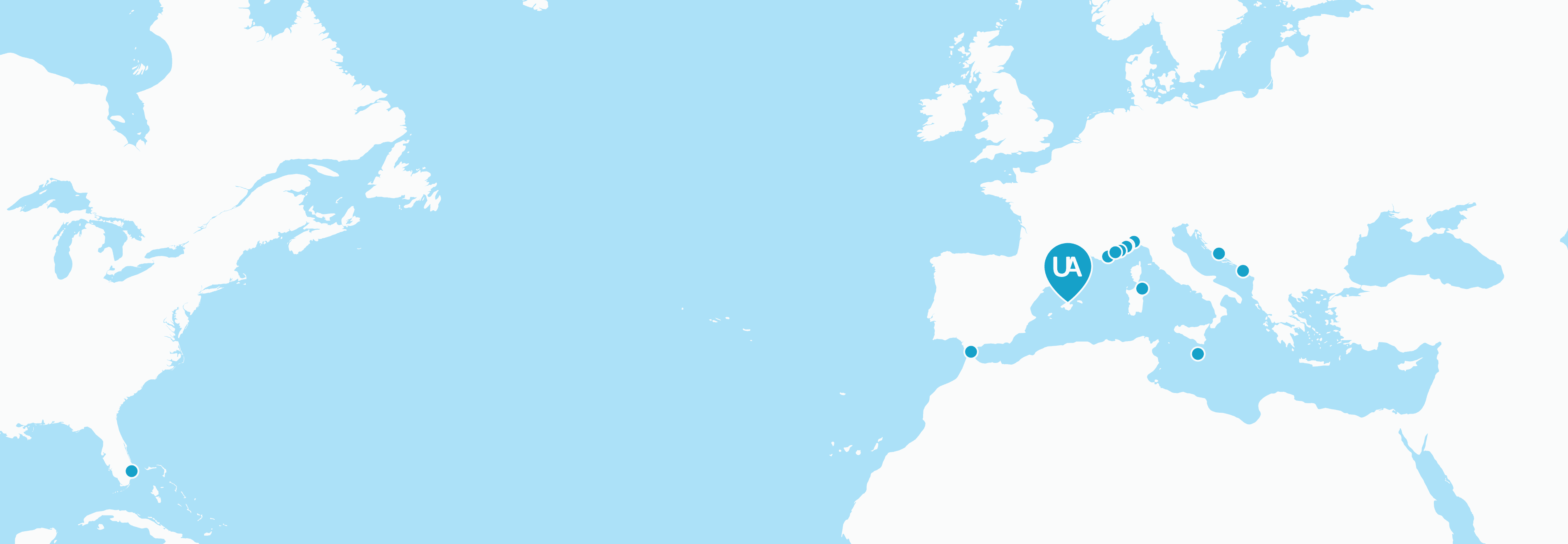12th Jul 2023
How to Make Your Money Work for You During Inflation
Newspaper headlines globally are full of news of the current economic situation, with financial predictions being made aplenty. But take a closer look and countries are taking a very different approach. In its January 2023 outlook, the International Monetary Fund (IMF) forecast the UK to be the only “advanced economy” to experience economic contraction in 2023 due to several factors, including political instability and Brexit. Other nations are faring better, with positive, but weak, growth forecast for 2023 and beyond.
The Times in the UK comments: “The UK is the only economy in the G7 not to have reached its pre-pandemic size and has suffered the worst inflation rate of its peers in the past year. The economy is forecast to enter recession within months, with the downturn expected to last until the end of the year.”
The IMF’s January Outlook suggests that emerging markets such as China (5.2 percent growth) and India (6.1 percent growth) are forecast to have far greater growth in 2023 than more developed “stable” markets such as Germany (0.1 percent) and the U.S. (1.4 percent). Even Latin American and the Caribbean markets are forecast to grow at an average of 1.9 percent while “advanced economies” have a forecast of 1.2 percent.
It’s also worth bearing in mind that stock markets can be moving at different rates as currencies change value. For example, the FTSE appears to be bucking the trend with rates recovering faster than markets in other economies, even while the UK suffers the highest inflation rates and the prospect of future recession.
Why is this important when considering your investments and savings? No matter where you are based in the world, it’s essential that you take a holistic and global approach to investing your money. While there has been a global downturn, some economies have fared significantly better than others, so you should consider how your risk is spread across different global markets and be prepared to change your approach when markets move at different rates.
Standard savings accounts will often be operating at local interest rates, and while inflation remains high, this could mean your funds are losing value, rather than gaining. Under these circumstances, you should be looking to your financial adviser to provide guidance about where in the world you should be placing your funds. While local headlines might be full of doom and gloom, it doesn’t mean that your money can’t be working for you somewhere else in the world.




